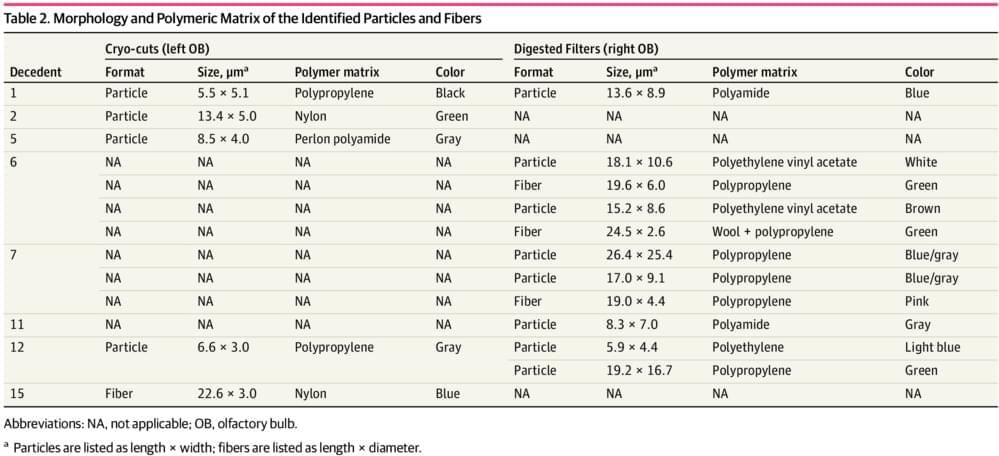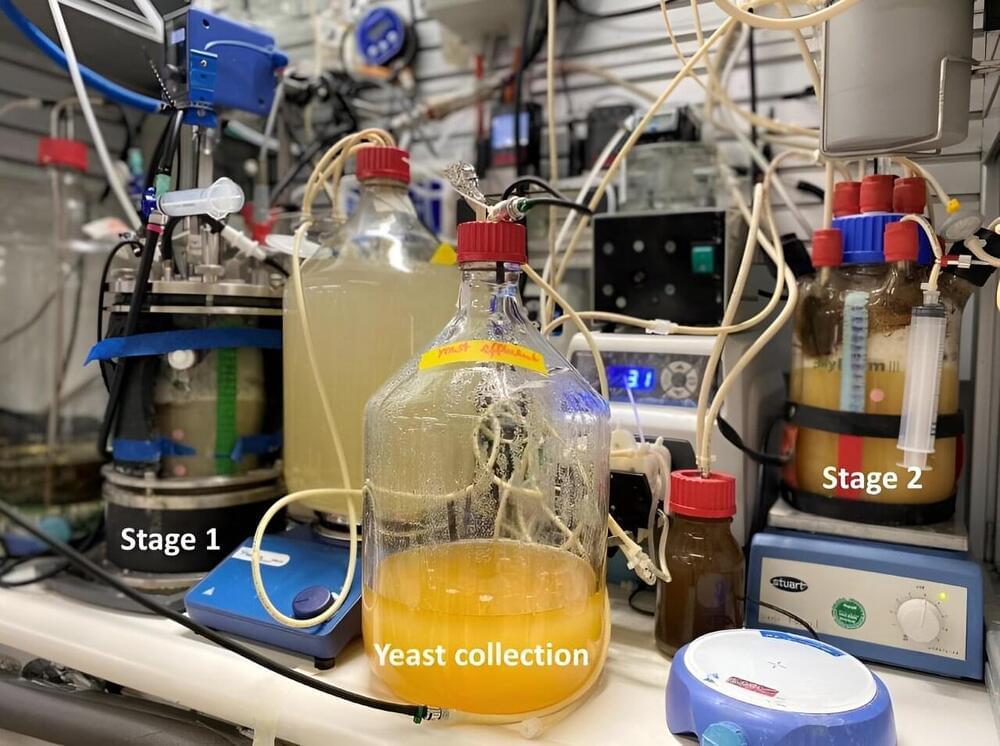How can machine learning help individuals with type 1 diabetes (T1D)? This is what a study presented at this year’s Annual Meeting of the European Association for the Study of Diabetes (EASD) hopes to address as a team of researchers have developed a system using machine learning capable of managing blood sugars levels with such proficiency that those using system were able to lead lives far more active than the average T1D patient.
For the study, the researchers developed the AID system, which uses closed-loop technology that delivers insulin based on readings from the machine learning algorithm, resulting in a 50-year-old man, a 40-year-old man, and a 34-year-old woman with T1D being able to run hours-long marathons in Tokyo, Santiago, and Paris, respectively. This study holds the potential to help develop better technology capable of allowing T1D diabetes patients to stay in shape without constantly fearing for their blood sugar levels, which can lead to long-term health problems, including hyperglycemia, nerve damage, or a heart attack.
“Despite better systems for monitoring blood sugars and delivering insulin, maintaining glucose levels in target range during aerobic training and athletic competition is especially difficult,” said Dr. Maria Onetto, who is in the Department of Nutrition at the Pontifical Catholic University of Chile and lead author of the study. “The use of automated insulin delivery technology is increasing, but exercise continues to be a challenge for individuals with T1D, who can still struggle to reach the recommended blood sugar targets.”






